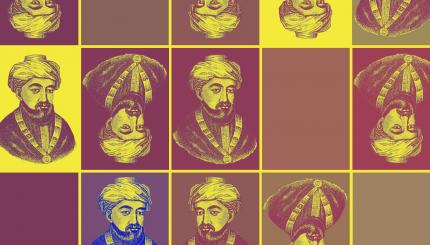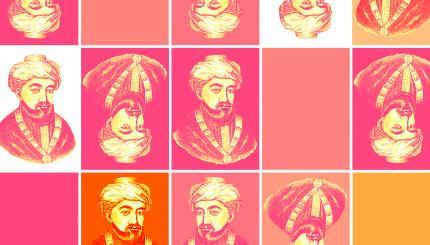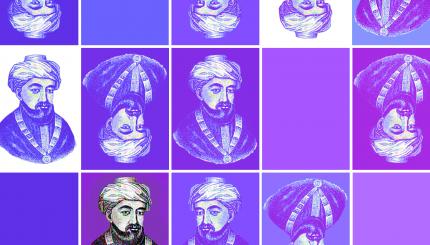Jonathan Eybeschutz (1690-1764) was a German rabbi and Talmud scholar. He is best known for accusations that he sympathized with false messiah Shabbetai Zevi and for writing Urim Vethummim, which Louis Jacobs’ The Jewish Religion describes as “a work of keen analysis of legal concepts in the form of a commentary to the Shulchan Aruch, Hoshen Mishpat.”
While serving as a rabbi in Prague, Eybeschutz was accused of being a follower of Shabbetai Zevi, the 17th-century false messiah, a charge he vehemently denied. He, in fact, joined other members of the Prague rabbinate in excommunicating other followers of Zevi.
In 1750, after he became chief rabbi of Altona, Hamburg and Wandsbeck, accusations of his support for Zevi resurfaced, based largely on amulets he distributed to protect women during childbirth, amulets alleged to contain coded pro-Shabbatean language.
Adapted from the Jewish Encyclopedia.
With your help, My Jewish Learning can provide endless opportunities for learning, connection and discovery.
Hasidic
Pronounced: khah-SID-ik, Origin: Hebrew, a stream within ultra-Orthodox Judaism that grew out of an 18th-century mystical revival movement.
Talmud
Pronounced: TALL-mud, Origin: Hebrew, the set of teachings and commentaries on the Torah that form the basis for Jewish law. Comprised of the Mishnah and the Gemara, it contains the opinions of thousands of rabbis from different periods in Jewish history.


